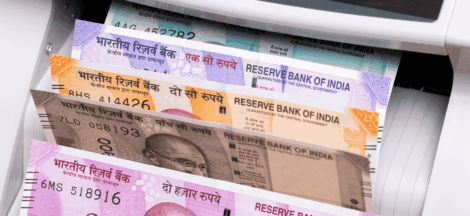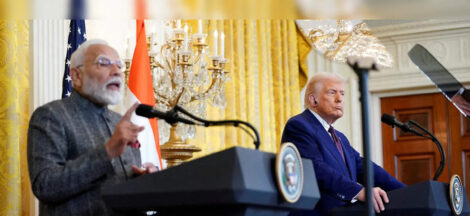MUMBAI: The peer-to-peer (P2P) lending industry is currently in a recalibration phase as companies are awaiting clarity from the Reserve Bank of India (RBI) on specific issues. Some platforms have scaled back on their partnerships with large consumer-facing companies and witnessed a slowdown in growth.
The RBI has increased scrutiny of P2P lending platforms after they were said to have flouted guidelines by underplaying risks through promises of high or assured returns. The central bank has sought information about financials, onboarding process, customer profiles, agreements with lenders and IT systems.
“In my view, the growth has slowed down. The business itself has not de-grown. It is mostly about the market sentiment – there is some negativity, people are just skeptical about how things will move forward,” Co-founder of a P2P lending platform said.
The official said the industry is just adopting a ‘wait and watch’ policy, instead of aggressively scaling up, as new partnerships require significant amount of time, technology bandwidth and legal bandwidth to get integrated.
Among leading P2P lenders, LenDen Club has partnerships with Karza, BharatPe, and PhonePe, while Liquiloans has collaborations with BharatPe, Cred, Avail Finance, and Uni, among others.
“While partnerships are still ongoing, the overall business has slowed down. However, I do not see this continuing for the foreseeable future because we have been constantly engaging with the RBI since October,” says Lendbox co-founder and chief operating officer Bhuvan Rustagi.
LenDenClub co-founder and CEO Bhavin Patel contends that platforms are now trying to align their products with regulatory and customer expectations. So, some “recalibration” is needed.
At an event in February, RBI deputy governor M Rajeshwar Rao said the practices of NBFC-P2Ps did not appear to be in line with regulatory guidelines. Many lenders on these platforms are not necessarily equipped to understand risks in providing credit.
The RBI had laid out detailed regulations for the segment in 2017, with some revisions being introduced in 2019. But in the last 12-18 months, the central bank has been guiding platforms on various aspects of compliance. These entities have also sought clarity from RBI’s Department of Regulation on key issues. The Department of Supervision will also have to take a call on these practices.
P2P platforms seek clarity on three issues – the mechanism for auto-investing, where lenders can automatically select borrowers on the basis of income and bureau score instead of doing it manually; the mechanism of reinvestment, where lenders can reinvest returns back into the platform; and whether lenders or investors have the option to sell the underlying loan to any willing buyer before completion of the tenure. Companies argue that this is a common practice among other debt instruments which can be sold and bought in the secondary market.
“The RBI had asked us to make a detailed representation on these three points and the P2P Association has sent the same. Then the RBI asked for clarifications on the representations as well. It is a proper engagement that is happening,” the official quoted above said.
Currently, the size of the P2P lending industry is estimated at around Rs 7,000-8,000 crore. There are around 20 P2P licence platforms in India. All of them are registered with the RBI as NBFCs.
The platforms earn revenues from registration fees, processing fees, and repayment collected. A lender is not allowed to invest more than Rs 50 lakh in a platform. The maximum investment amount for a single borrower is Rs 50,000. The total loan amount taken by a borrower at a certain point of time should not be more than Rs 10 lakh. The maximum maturity duration of the loan is 36 months. Some platforms charge an interest rate of up to 36% per annum.
“The regulator has been guiding the sector for the last one-and-a-half years, and the industry has undergone some changes over that period. A few platforms have adopted the regulator’s suggestions aggressively,” a spokesperson of the association of P2P lending platforms said.
“I would say there are two aspects – raising and deploying money. There has been more commentary from the RBI on raising money, where retail investors should be educated thoroughly. It must be made sure that investors understand the risks,” says Aditya Damani, founder and chief executive officer, Credit Fair.
Source: The Financial Express


 Amit Shah derides AAP-Cong alliance for Delhi as a zero game
Amit Shah derides AAP-Cong alliance for Delhi as a zero game 